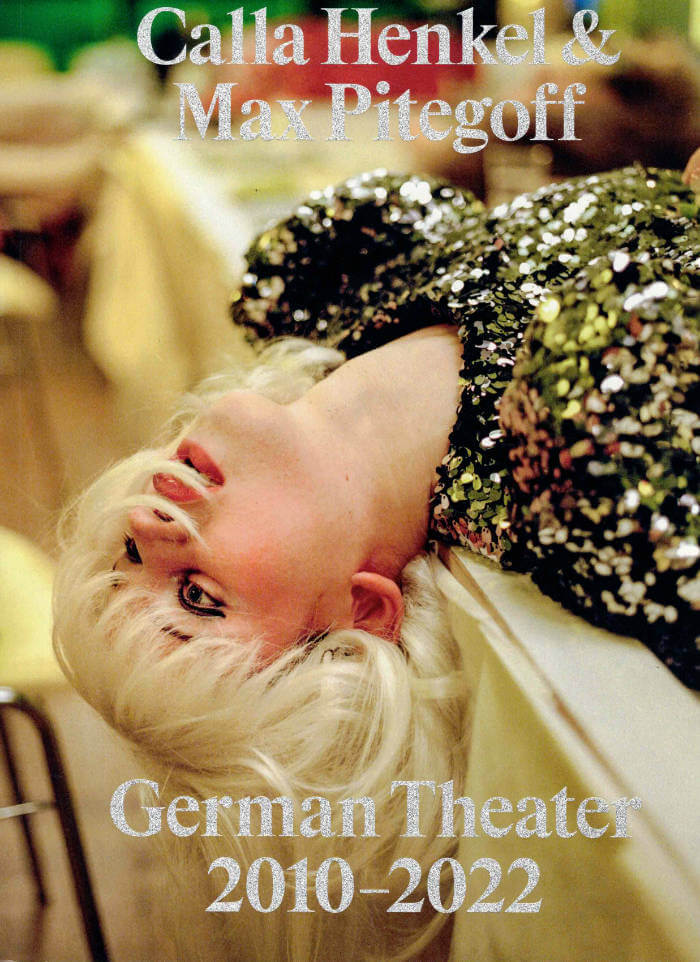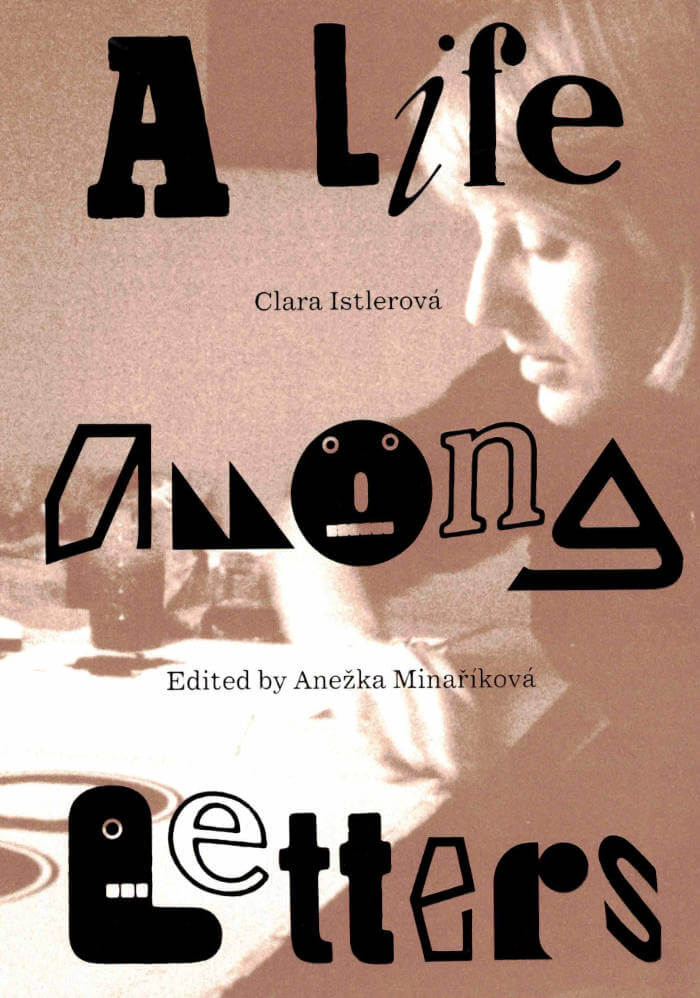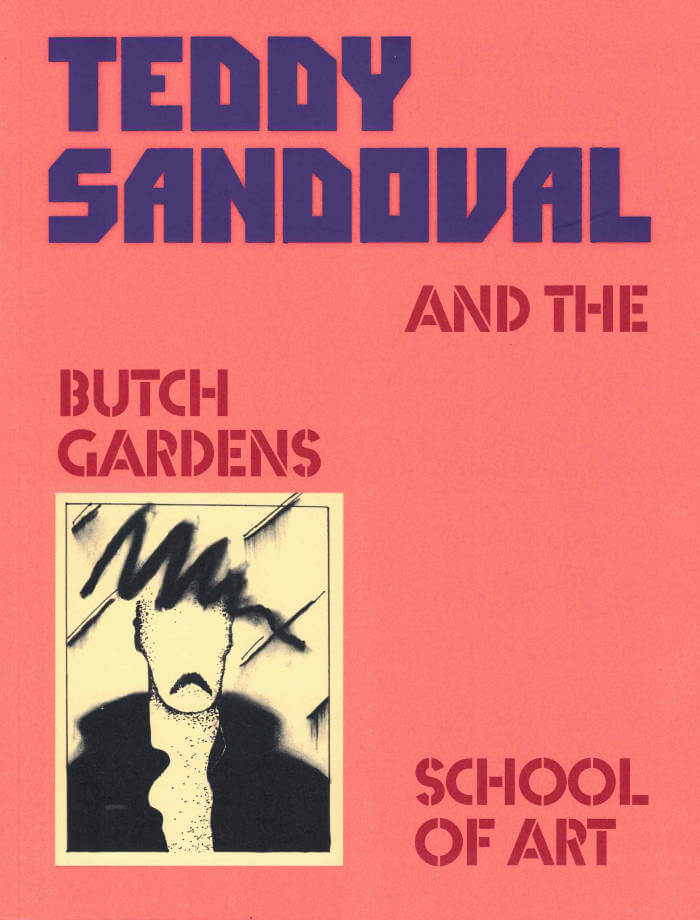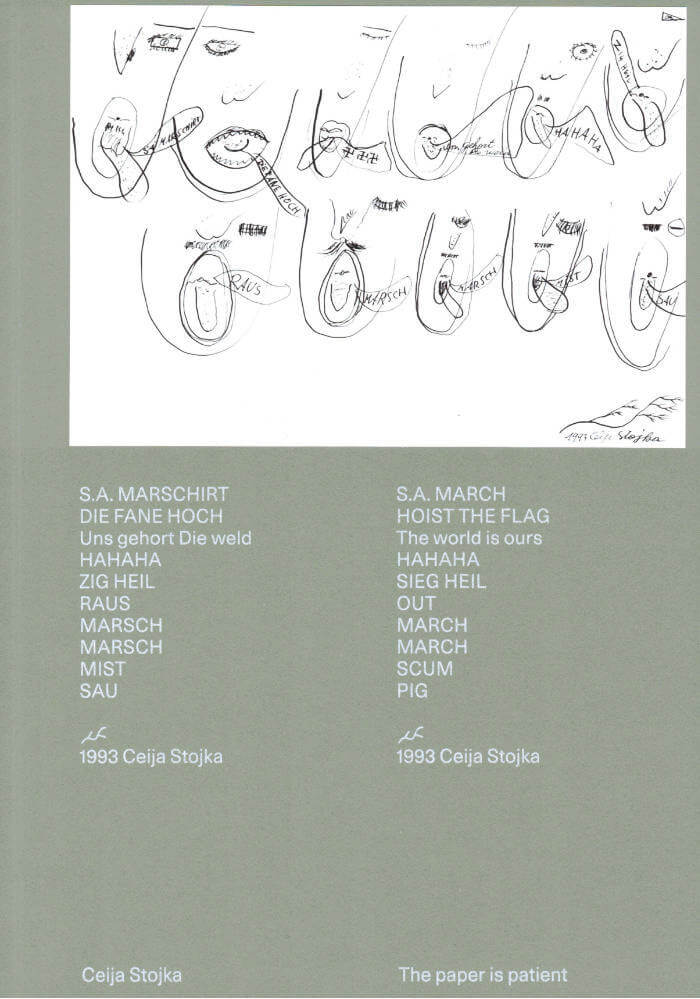
German Theater 2010–2022
Calla Henkel and Max Pitegoff: German Theater 2010–2022 is the first monograph on the work of the artist duo Calla Henkel (b. 1988, Minneapolis, MN) and Max Pitegoff (b. 1987, Buffalo, NY). Their manifold practices play out, live test, and fictionalize the mechanisms that shape creative communities. Chronicling over a decade of production in Berlin, the book is organized around the influential bar and theater spaces they ran there: Times Bar (2011–12), New Theater (2013–15), Grüner Salon at the Volksbühne (2017–18), and TV Bar (2019–22), and includes an interview with curator Fabrice Stroun and essays by David Bussel and Patrick Armstrong. Henkel and Pitegoff's photographs, plays, writing, and films address the complexity of collective action, painting a deadpan picture of the social and economic systems that sustain communal exchanges and their eminently fragile autonomy.
Edited by Fabrice Stroun
Design by Dan Solbach
Language: English







